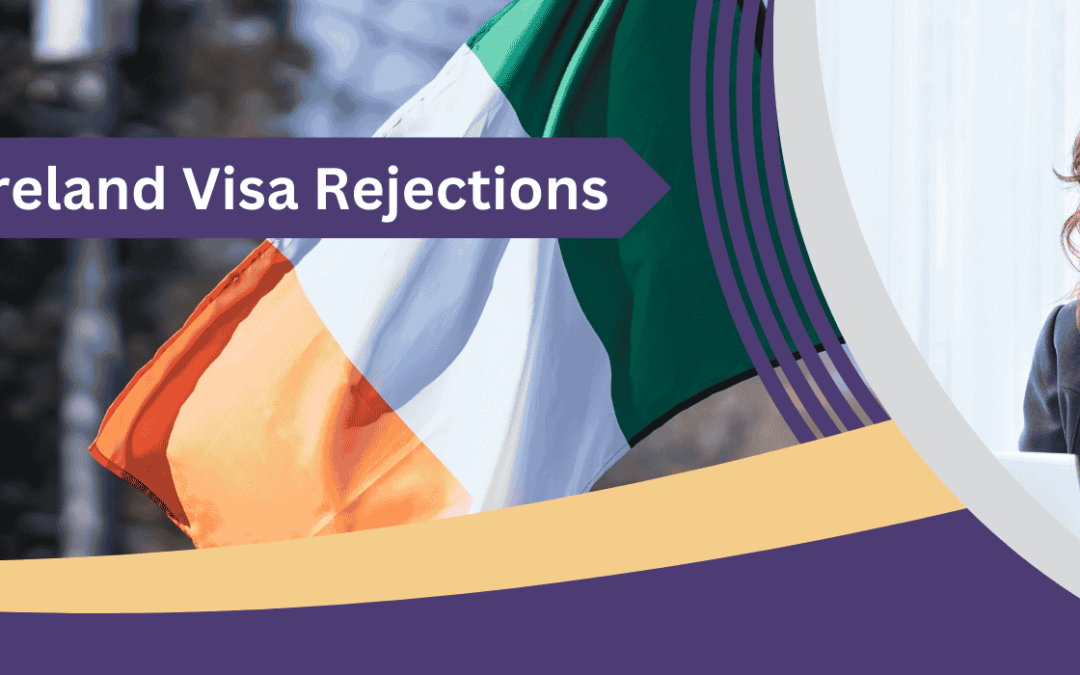
New Zealand Student Visa: An Insight
New Zealand’s globally recognized education system emphasizes innovation, research, and practical learning. The country’s universities consistently rank among the world’s best, offering a diverse range of programs across various disciplines. Moreover, there are various scholarships available for international students enrolling to study in New Zealand’s top-notch universities and institutions. Additionally, the country’s safe environment and welcoming communities make it an ideal destination for international students seeking a holistic educational experience.
Deciding to pursue higher education in New Zealand signifies a journey toward academic excellence, work opportunities, cultural enrichment, and personal growth. The fundamental step in this process is securing a New Zealand student visa.
There are a lot of notable factors that you to consider before you start your student visa application. Therefore, this article aims to equip you with comprehensive insights into the specifics of the visa application process.
Preparing Visa Application: Factors to Consider
Understanding the New Zealand student visa application process involves meticulous planning and attention to the required aspects. Here’s a detailed breakdown of key factors to consider.
- Visa Processing Time
The processing time for a New Zealand student visa varies based on factors such as the applicant’s home country and the volume of applications. Typically, processing times range from a few weeks to 30 weekdays (excluding public holidays). New Zealand’s Immigration website states that on average, student visa applications are processed in 24 working weekdays and 90% of applications are processed within 49 working weekdays. So, it’s advisable to apply well in advance to ensure timely visa approval.
- Where to Apply
Aspirants can apply for a New Zealand student visa online through the Immigration New Zealand website or offline through a printed form. Understanding the specific requirements and guidelines for your country of residence is important. So, ensure that you know all the particulars of the student visa application process be it online or offline.
- Student Visa Fees
The cost of a New Zealand student visa can vary depending on the duration of your course duration, student visa type and other factors. It’s imperative to factor these fees into your budget while planning your study abroad journey.
- Student Visa Requirements
Adhering and fulfilling student visa requirements is paramount for your higher education abroad.These roughly include the offer of enrolment from a New Zealand university or institution, proof of adequate funds to support yourself, valid health insurance, and a clean criminal record.
- Health Criteria for Visa Approval
Applicants must meet certain health standards to get their visa approved. This involves undergoing medical examinations by authorized healthcare professionals approved by Immigration New Zealand.
- Character Requirements
Providing a police certificate or evidence of good character from your home country is essential to meet New Zealand’s character requirements. If the visa applicant has a criminal history or provided false or misleading information, then their application will be declined due to high risk.
- Financial Arrangement Proof
Documenting financial capability to cover tuition fees, living expenses, and return travel is an important aspect. Bank statements, sponsorships, or scholarship letters serve as evidence of finance. For this declaration of finance, the funds must be in the applicant’s name, or the name of their financial guarantor or sponsor.
- English Language Proficiency Proof
Demonstrating proficiency in English through recognized tests like IELTS, TOEFL iBT, PTE or other approved examinations is mandatory for student visa application. You will have to check their score requirements on the official website for cross-verification.
- Translation of Official Documents
If your official supporting documents are in your regional language and not in English, then you will have to get them translated to avoid delays and process your application quickly. Any documents not in English must be accurately translated by a certified translator to ensure their validity. Only the certified English translations of the original supporting documents in a foreign language are required to be submitted, so get the documents translated before you commence your application process.
- Request to Change Information
Applicants must promptly inform Immigration New Zealand of any changes or updates to their application for transparency and compliance. This change request might take up to 20 working days to process. These are all the notable factors that you must know before applying for a New Zealand student visa to study at any of the top universities in New Zealand.
|
Securing a New Zealand student visa requires meticulous preparation, adherence to guidelines, and a comprehensive understanding of the application process. By methodically addressing each requirement and seeking guidance from experts like Martiza Overseas Education, aspirants can increase their chances of a successful application. |
Martiza Overseas Education stands as a trusted name in the industry, providing comprehensive support to students aspiring to study in New Zealand. Our end-to-end services involve expert guidance on visa application requirements, meticulous document preparation, financial planning, and proficiency test assistance.
So, connect with our New Zealand team to gain access to knowledge and resources on how to study in New Zealand. We will also ensure that you have a smooth and successful student visa application process.





